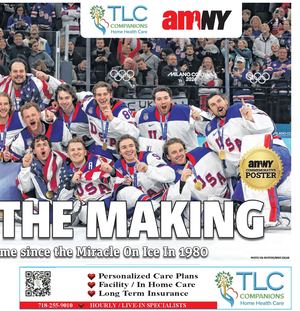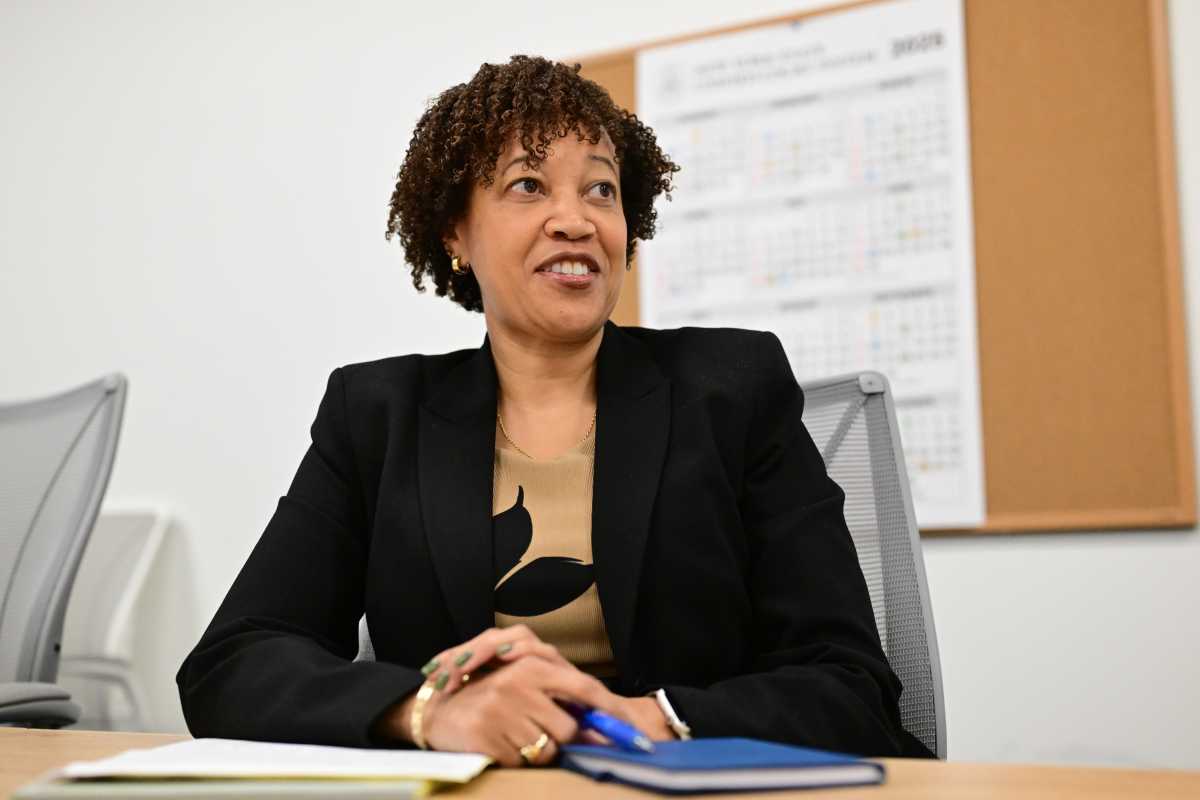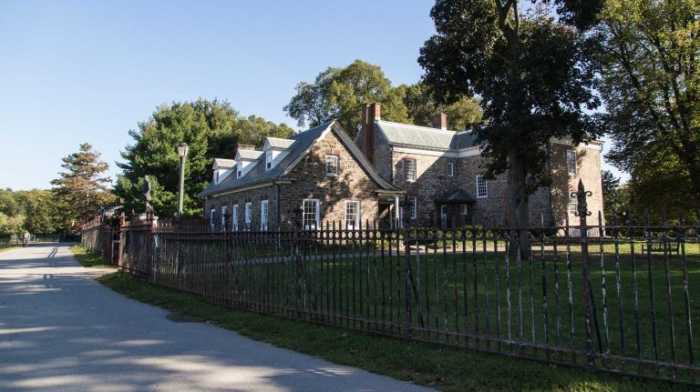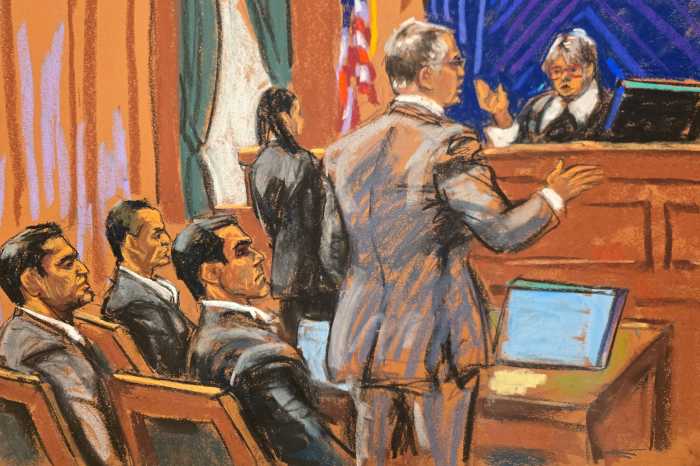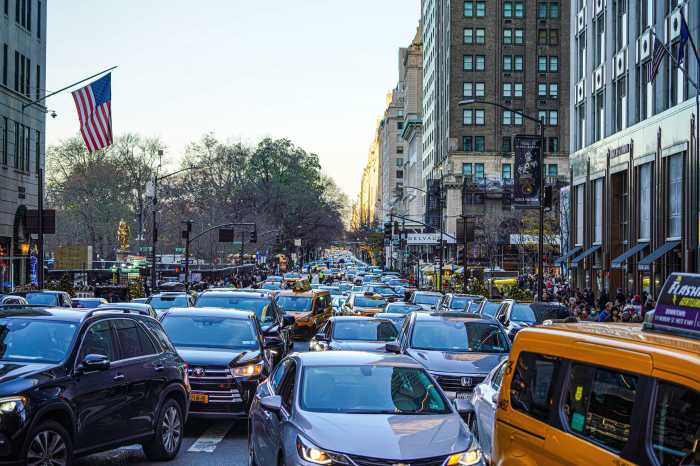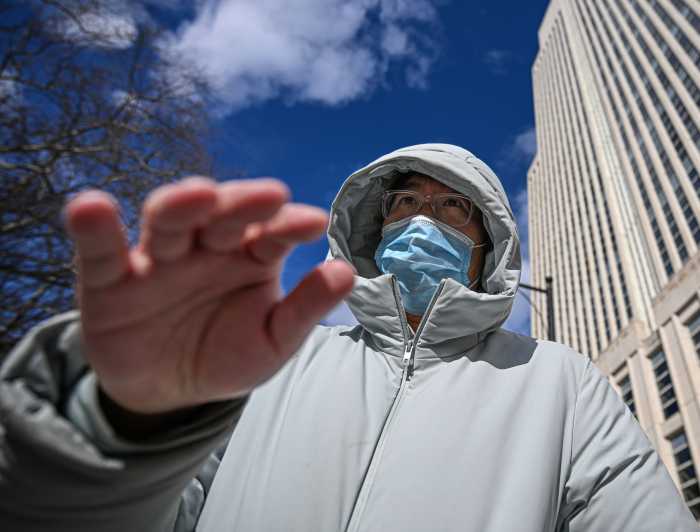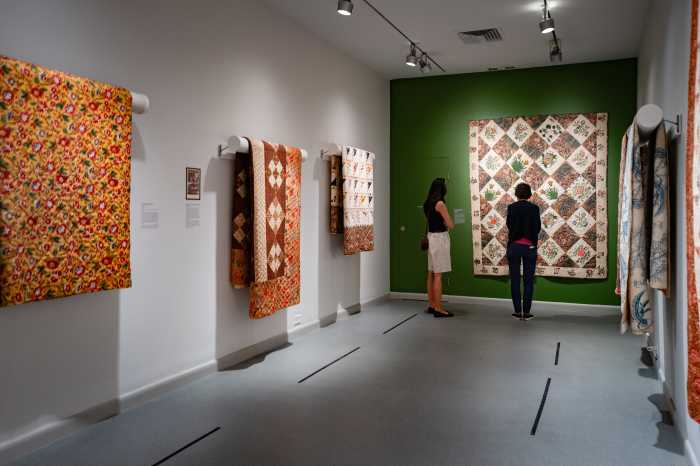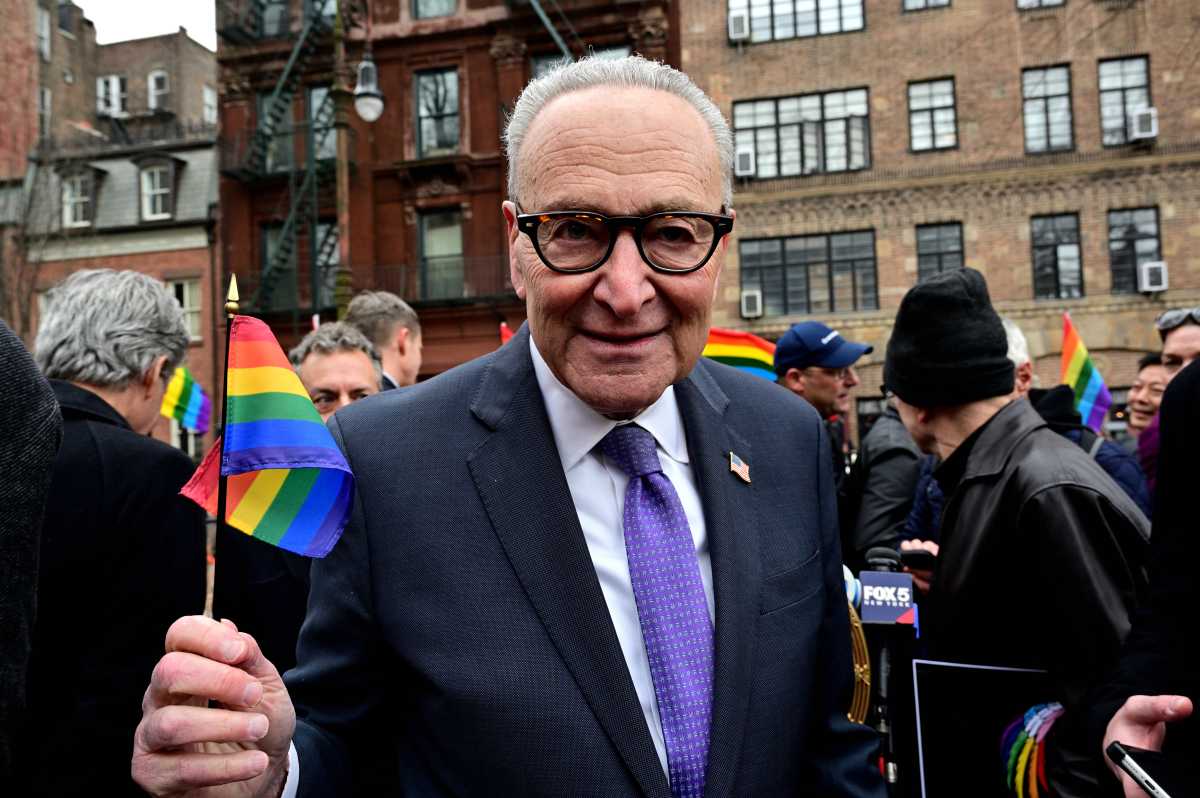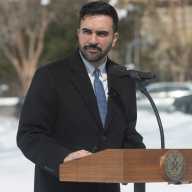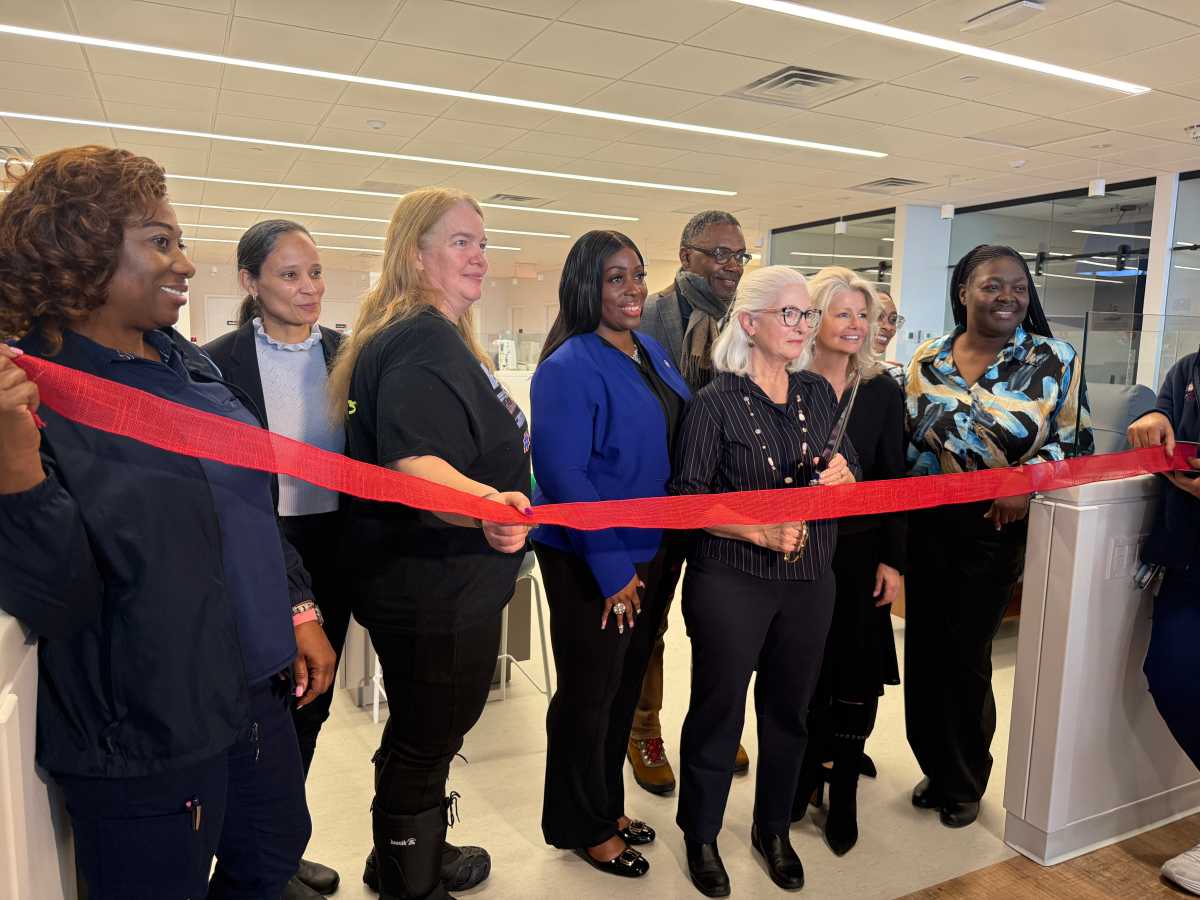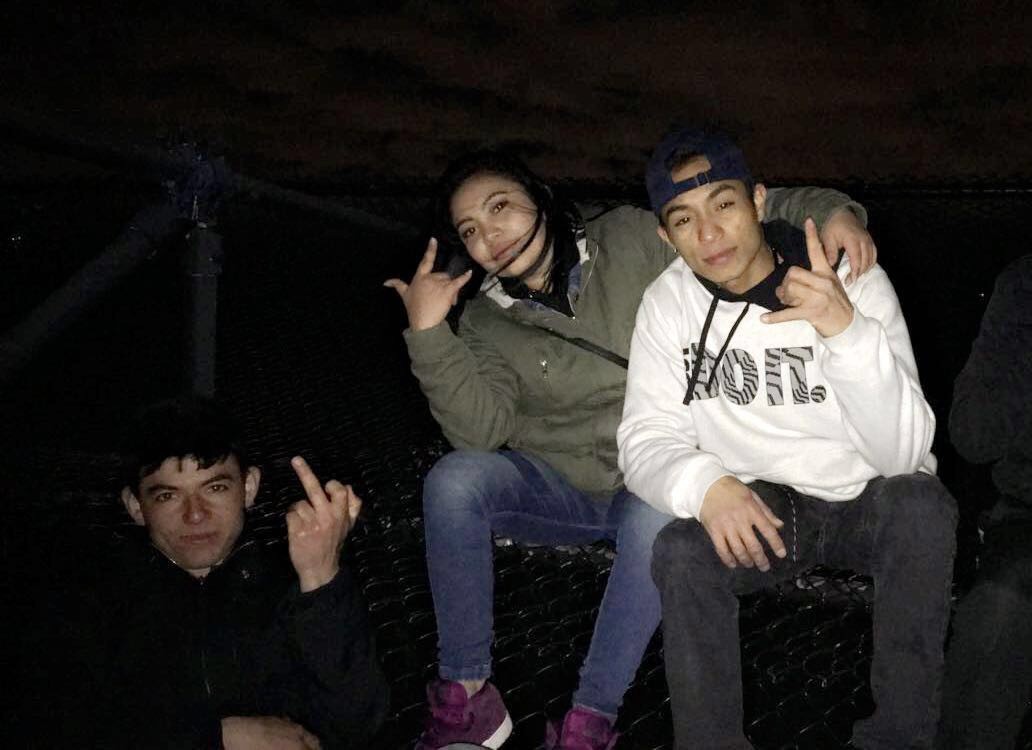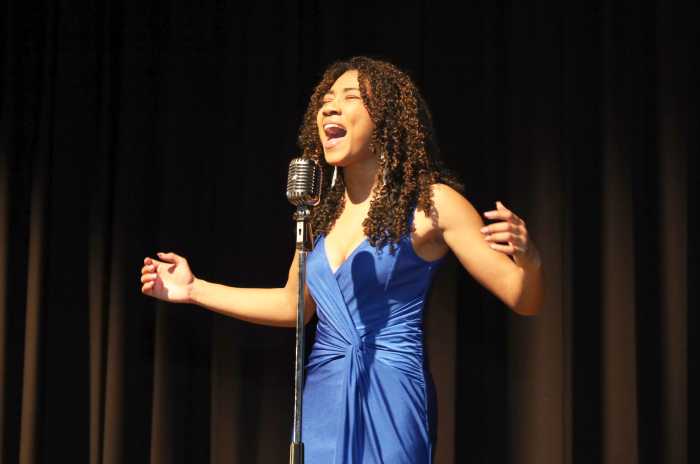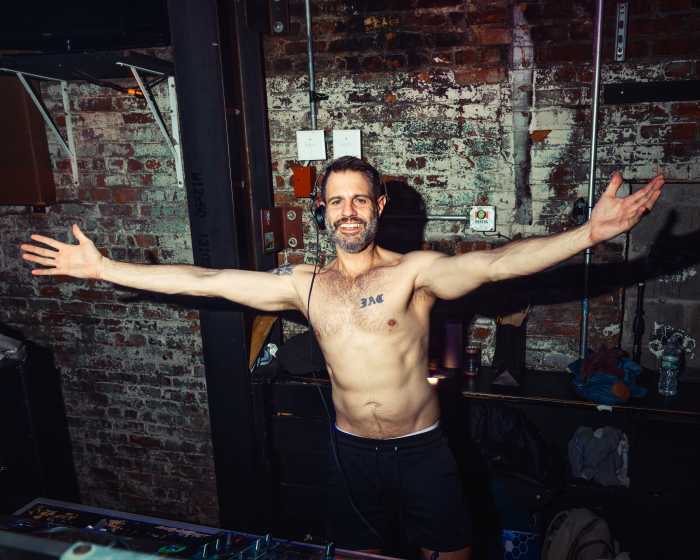As the state’s first ever court civic engagement coordinator, Zenith Taylor has the job of teaching the importance of civics that goes beyond memories of high school social studies class.
Challenges are daunting. Trial judges say there’s an increase in the number of people ignoring summonses to serve on jury duty. Young people’s attention is not as grounded in in-person spaces. Almost half of teens say they are constantly online, up from 24% a decade ago, taking them away from personal interactions.
But Taylor has an even more fundamental obstacle – getting people to understand her title.
“I think my biggest challenge for reaching people was that many… didn’t know what I do, so even if I go somewhere ‘Oh yeah, you’re the civic engagement coordinator. What is that?’” Taylor said.
Her mandate, she explained, is to “go out and teach civics and to equip you with the understanding and the knowledge so that you can become active citizens.”
But defining civic engagement is something that Taylor has had to grapple with. It goes deeper than jury duty participation, she maintained, but the ultimate goal is nebulous.
“Coming into the role I don’t think anyone really knew what the duties entailed,” she said of the position which was created last year by Chief Judge Rowan Wilson, who has made moves to invest in education for young people.
“We are failing at civics education,” Wilson wrote several months before appointing Taylor. “Federal government investment in STEM for K-12 students amounts to $54 per student each year; for social studies, the federal investment is 5 cents.” Wilson defined the position as a bridge to schools, religious organizations and community-based organizations to create a deeper understanding of courts, legal issues and historical events.
“When I talk about civic engagement, people say, ‘Oh, right, that’s jury duty. And it’s voting.’ No, it’s not. It’s not just that,” Taylor said. “It’s really learning your history and learning about your civic obligations and your civic responsibilities,” which include community service and ongoing study about the U.S. government system.
She compared her role to a modern form of “Schoolhouse Rock,” the civic-minded musical cartoon that used to be shown widely in schools. Instead of “I’m Just a Bill,” Taylor, has honed in, for example, on the constitutional debates of “The Federalist Papers,” the 85 articles and essays by Alexander Hamilton, James Madison and John Jay that set a theoretical foundation for the American government.
That’s one of nearly a dozen or so programs she’s created for students and community organizations. The programs range from “40 Days for Democracy,” focused on teaching the debate and campaign for the Constitution’s ratification, to a speakers bureau where court personnel — not just judges — but court attorneys, reporters, and interpreters highlight different parts of the court system.
Taylor said she’s been guided in her community outreach by decades of community experience with various legal associations, which were key to sustaining her career over her 25 years as a solo legal practitioner, specializing in divorce, family law and trust and estate matters. She served two terms as president for the Queens County Women’s Bar Association and seven years as president of the Catholic Lawyers Association. She’s also an immediate past president of the Queens County Bar Association.
She joined the court system as a court attorney referee in 2019, taking interest in the civic engagement position after looking for a change after the passing of her father, a Jamaican immigrant who was an avid reader and evangelist for the democratic process.
“[Growing up] we did a lot of civic engagement because we talked about politics, we talked about the debates. We watched them on television, and I think a lot of that came from the fact that [my parents] were immigrants,” Taylor said.
But her biggest accomplishment since taking the role a year and a half ago, she said, is the court system’s high school essay contest she created, in which students were prompted to write an essay on the powers of the constitution.
“We got 227 essays. That was statewide,” Taylor said, adding that to solicit essays she tapped her network of bar associations, which did not hesitate in helping her connect with social studies teachers all over the state.
This year Taylor has named the essay contest “Amending and Defending,” which prompts students to propose a new constitutional amendment to address society’s needs. The top 20% winners will then orally argue their proposal before a panel of practicing judges.
She has been given a lot of leeway in shaping her position, and has dedicated much of it to programming to elementary through high school students out of a belief that they have the most to lose.
“Our young adults, unfortunately, with social media, with AI… they really don’t think that their vote matters,” she said.
With this reality in mind, she is embracing technology to launch an online trivia bowl, a “gamified, high-impact virtual competition” for middle schoolers designed to reach tech-savvy kids.
In the post-Covid era when physical community spaces are harder to find, it gets trickier to reach people with civic programming after they graduate from the school system. As an example, Taylor pointed out the national decline of bar association membership.
“Most young people don’t believe that they should have in-person contact anymore,” she said. “It’s okay to just do things virtually. They don’t think that those associations really benefit them.”
Asked if she worries that by focusing on existing community organizations, she’s missing a potentially growing group of people who don’t join local institutions, Taylor said that she is trying to cast as wide a net as possible. When she got the job, she “hit the ground running” calling community boards, youth groups, library associations, museums and faith-based communities statewide.
“I just continuously started to network,” Taylor said.
Like many other forms of humanities education, the benefits of Taylor’s mission are by nature intangible and hard to quantify. Unlike STEM education, which leads students to profitable careers, Taylor is making the case that curiosity about our system of government offers a hard-to-define philosophical good.
Asked how she measures her success, she dismissed the idea that it’s the quantity of people reached. Rather, she measures it one human connection at a time.
“When I had a school tour and I handed out a pocket constitution, I’ll never forget this middle schooler was walking out, almost stumbled because he was reading it and mouthing the words,” Taylor said. “That means he listened to me. That means I touched one person.”
